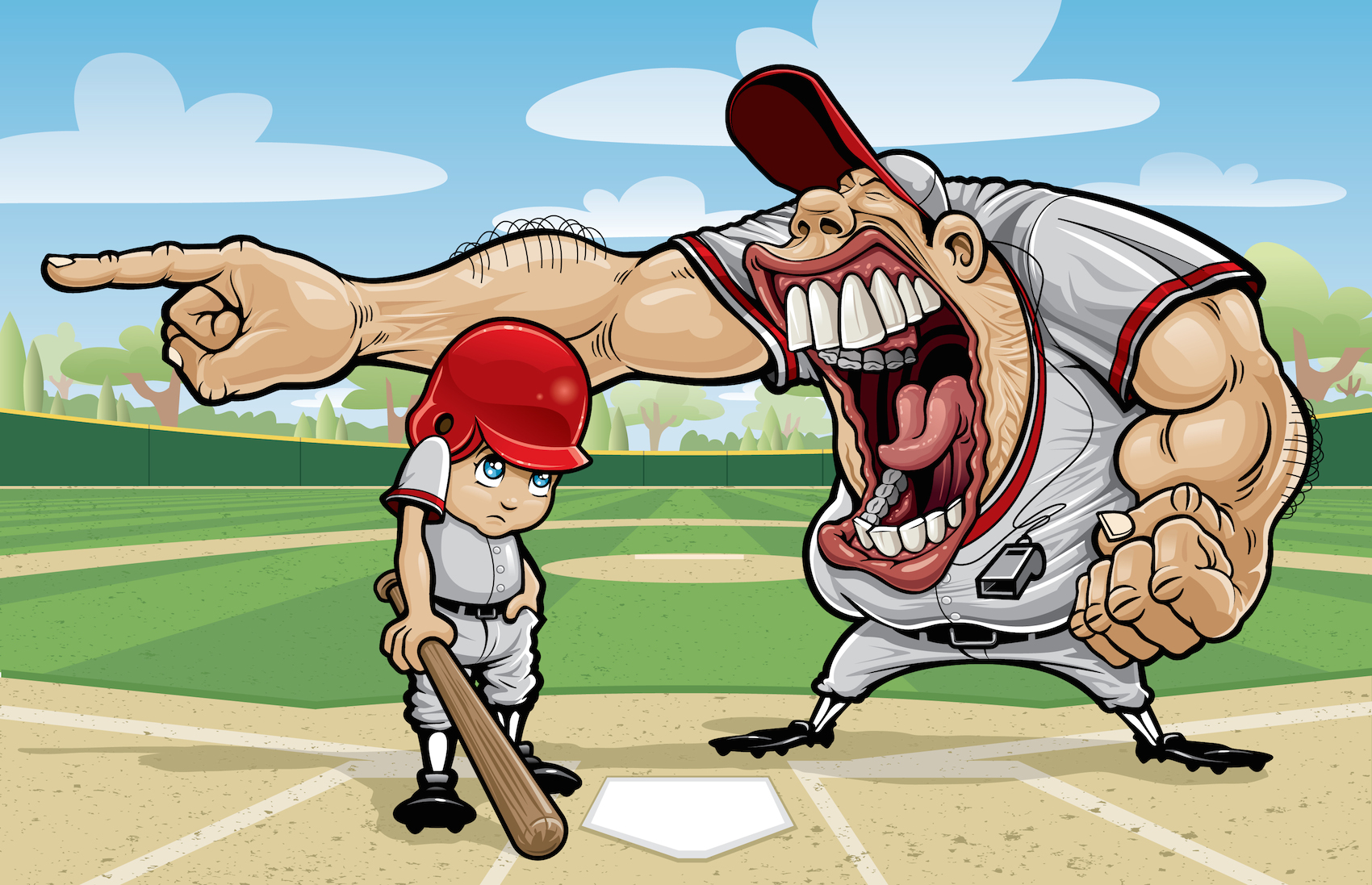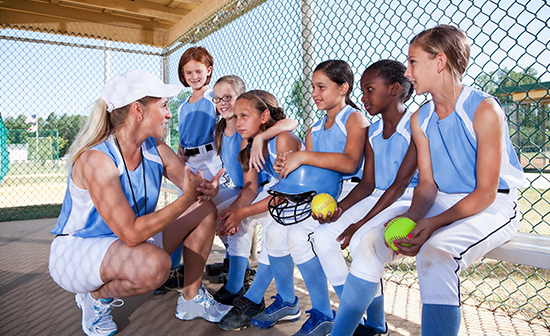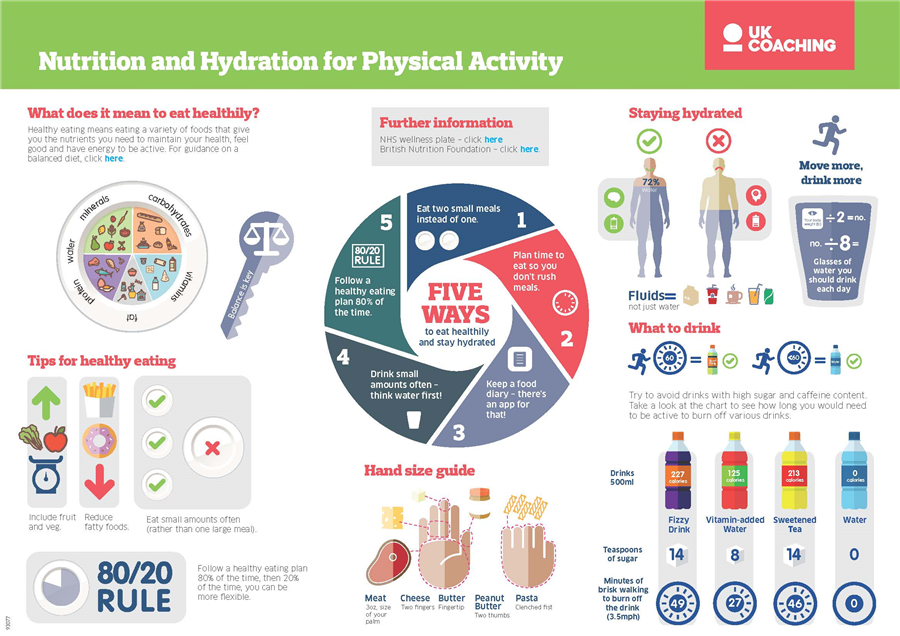
BULLY COACHING
Sport is supposed to teach not only the x’s and o’s, but life lessons. Conflicts and bullying do little to help that education along.
An article published on Psychology Today’s website described bullying behaviors from coaches as intimidation (using yelling and threats to scare), insults (name calling to demean appearance, toughness or worth), ridicule (making fun of bad play or lack of skill), humiliation (singling out a player for public embarrassment or blame), and benching (refusing to let an athlete play).
These actions are a lot more serious than just grinning and bearing playing a season under this particular coach. Psychology Today said that the “impact of these kinds of actions on adolescent age players can be performance anxiety about making mistakes, hesitant play because of unsure decision-making, loss of confidence in one’s capacity to perform, believing mistreatment is deserved; (and) losing enjoyment of the sport one once enjoyed, even quitting the sport to avoid any coaching at all.”
So what is a parent to do?
*Give empathetic support for the hurt he or she is feeling.
*Determine if the athlete is taking too personally treatment that is just part of the coach’s harder operating style.
*If the coach refuses to acknowledge or alter his behavior, perhaps parents should check with each other to see if they share the same concerns.
*If the child wants to quit the sport, the parent “needs to try and strike a bargain” with the athlete. Maybe she can try another team with another coach.

A PEP TALK FOR YOUTH ATHLETES
“A good coach can change a GAME. A great coach can change a LIFE.”
John Wooden
Becoming an athlete at the age of 10 led to my professional career as a youth swimming coach, as the founder of a non-profit addressing issues in youth sports, and now a grandparent watching my grandsons play competitive sports.
Needless to say, I have interacted with and watched a lot of coaches at all levels of sports.
The fact that there are a lot of things kids can take from participating in sports is not a surprise. If coaching is done correctly, kids can learn lessons that last a lifetime. At the end of the day, or the end of my career, I would tell my athletes, “I will always believe in you and am so grateful to have had the opportunity to coach you. Remember that all the principles surrounding your athletic careers can be applied to your profession careers and personal interactions for the long term.”
You won’t always win in life. Losing is only a failure if you fail to do anything about it. Never accuse anyone for your loss, give people surrounding you credit for the victories, and tell them you will do a better job in helping them in the future. What allows you to keep your head high and failing in whatever you attempt is learning from the mistake and working hard.
It’s okay to fail because if you’re not failing, you’re not learning. Perseverance allows you to continue trying to do something even though it is difficult. Think back to one of your disappointing losses. I hope you learned more from that one loss than all the wins together.
Only one team or one athlete can win. Sports, and life, must be about the process, the journey and not about the objective of winning.

KEEPING GIRLS IN SPORT
Statistics show girls drop out of sports at higher rates than boys as they transition into the teenage years. So why is this happening?
Societal pressures and gender stereotypes. According to Amy Masters of iSport360, “Body image concerns are a significant barrier to girls’ participation. As girls go through puberty, they may become more self-conscious about their changing bodies…Negative body image can lead to decreased confidence and motivation to participation in sports.”
She said we need to promote positive body image and self-esteem by “celebrating diverse body types and challenging unrealistic beauty standards.”
The lack of female role models and represetation in sports media, coaching staffs and leadership positions also can affect girls’ perceptions of their place in sports envionments. Masters says organizations should make an effort to increase the number of female coaches and staff, leaders in sports media and leadership positions.
“Provide opportunities for girls to connect with female mentors and role models…Empower girls to take ownership of their athletic journey and make decisions that align with their interests, goals and values. Encourage girls to advocate for themselves, express their opinions and participate in decision-making processes. Your culture will help players advocate for themselves.”
START A MENTORING PROGRAM

RULES FOR MULTI-SPORT ATHLETES
Playing multiple sports has morphed into playing more than one sport at the same time. That’s not recommended by most parents, coaches and health professionals.
If you are the parent of a child who plays more than one sport at the same time, “I Love to Watch You Play” notes your athlete should do the following six things.
*Get 8 or more hours of sleep nightly. Sleep is all about recovery, both mental and physical. Muscle repair and growth happen during sleep.
*Stay hydrated, which is foundational. Divide the body weight in 1/2, drink at least an ounce per pound throughout the day. Drink 16 ounxes of water 2 hours before activity and 8-16 ounces right after. Every 15-20 minutes during exercise, drink at least 4-6 ounces of fluids.
*Take 2 days off completely each week. The body needs time to heal.
*You are what you eat.With a little pre-planning, you can avoid fast food. Instead, have healthy snacks ready for in-between trainings. Examples: pita & hummus, rice crackers & peanut butter, whole grain toast & almond butter, cereal and skim milk, Greek yogurt, berris & granola; protein shake & banana, sweet potatoes, chocolate milk, quinoa, fruit, rice cakes, rice, oatmeal, pasta, dark, leafy green vegetables; avocado, tuna, salmon and cottage cheese.
*Ask questions and pay attention to clues. Talk about burnout and encourage athletes to let others know how they are feeling.